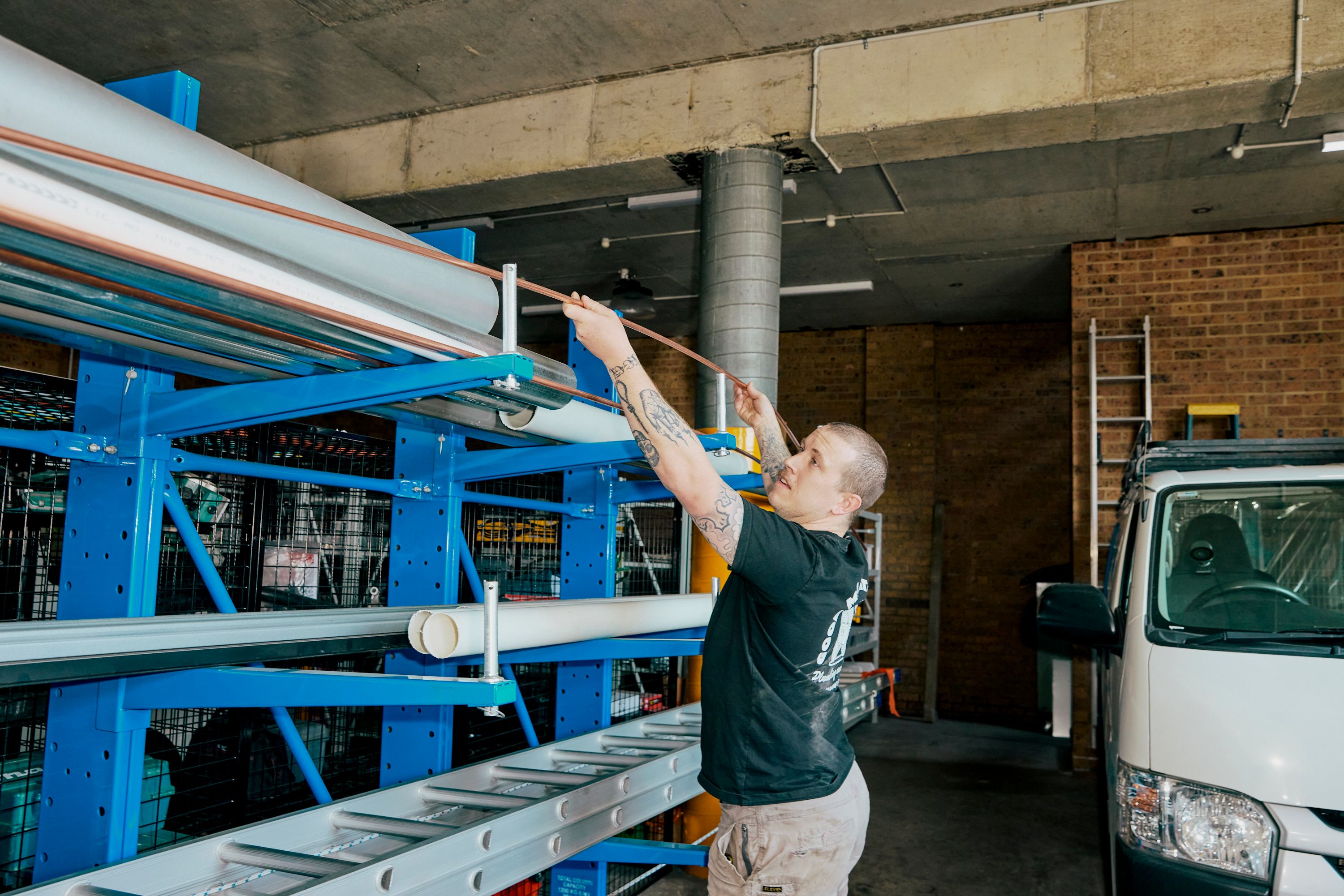Hot Water System Problems: Troubleshooting & When to Call
Nothing ruins your morning quite like stepping into a freezing cold shower.
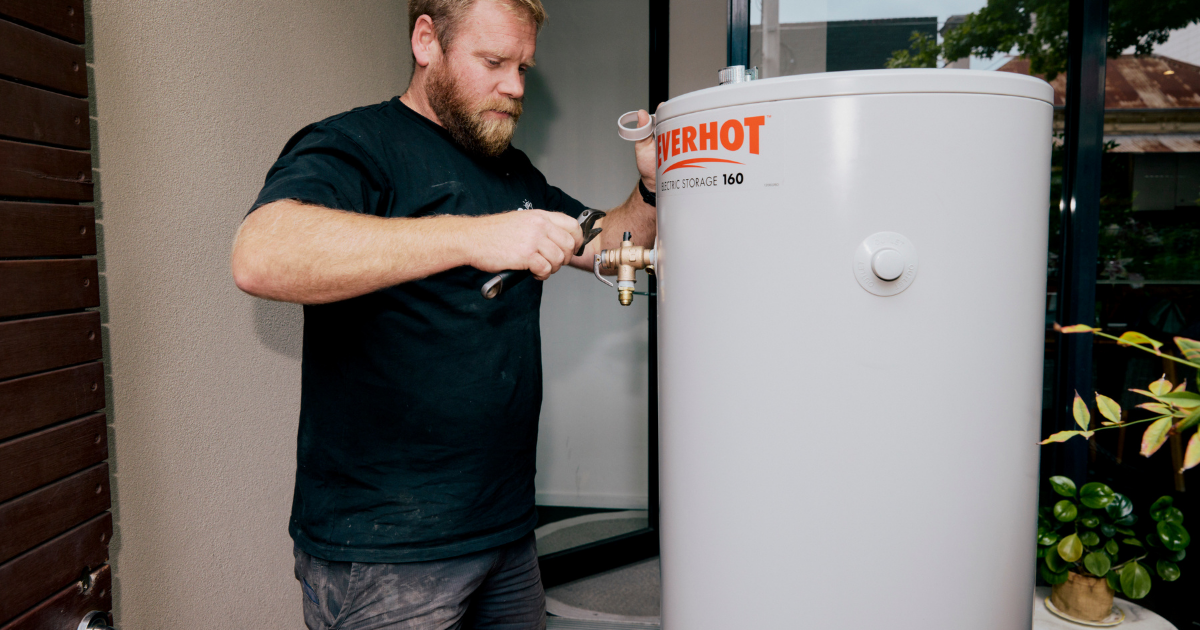
Your hot water system is one of those appliances you never think about until it stops working. But before you panic and speed-dial the first plumber you can find, there are several things you can check yourself that might save you both time and money.
Most people know absolutely nothing about their hot water heater until something goes wrong. It sits quietly, doing its job day after day, until suddenly it doesn't. The good news is that many common hot water problems have surprisingly simple fixes that don't require a professional.
Starting with the obvious stuff
When your hot water disappears, your first instinct might be to assume the worst. But take a breath and start with the basics. For electric water heaters, the culprit could be as simple as a tripped circuit breaker. Head to your electrical panel and look for any breakers that have flipped to the "off" position or are sitting in the middle position. Reset it by flipping it fully off, then back on.
If that breaker keeps tripping repeatedly, don't keep resetting it. A breaker that won't stay on is trying to tell you there's a bigger problem, like a faulty heating element that needs professional attention.
Got a gas water heater? Check the pilot light first. This little flame is what ignites the main burner to heat your water. If it's out, you can usually relight it yourself by following the instructions on your unit (they're typically printed right on the tank). The process usually involves turning a dial to "pilot," holding down a button, and using a long lighter to ignite the pilot.
Sometimes the pilot light looks like it's on, but your water still isn't getting hot. This could mean the safety device that senses the pilot flame is acting up. If it's dirty or faulty, it might not detect the flame properly and will shut off the gas supply. This one usually needs a professional to clean or replace.
Temperature troubles
If you're getting some hot water but not enough, check your thermostat setting before anything else. The sweet spot is around 47°C, hot enough for comfortable showers and clean dishes, but not so hot that it becomes dangerous or wastes energy. You'd be amazed at how often this simple adjustment solves the problem.
For households that seem to run out of hot water faster than they used to, the issue might be a broken dip tube. This plastic tube directs cold water to the bottom of the tank to be heated. When it breaks, cold water mixes with the hot water at the top, giving you lukewarm water much sooner than expected. It's not an expensive part, but you'll want a plumber to replace it.
On the flip side, if your water is coming out scalding hot, turn that thermostat down immediately. Water hotter than 47°C is dangerous, especially if you have young kids or elderly family members who could get seriously burned.
When your water heater starts talking to you
Weird sounds usually mean sediment has built up at the bottom of your tank. As water heats up, it has to bubble through this layer of mineral deposits, creating those weird noises.
That sediment layer makes your water heater work harder, which shows up on your energy bill. Even worse, it puts extra stress on your tank and can lead to premature failure. If your water heater sounds like it's making popcorn, it's time to call a professional for a tank flush.
Red flags that need immediate attention
Some problems are definite DIY no-gos:
- Any sign of water leaking around your unit is a big deal. Even a small puddle can indicate serious issues. If water drips from the temperature and pressure relief valve (that pipe sticking out of the top or side), it could mean dangerous pressure is building up inside your tank.
- Leaks from the bottom or sides of the tank usually mean the tank itself is corroded and failing. Unfortunately, you can't patch a water heater tank. Once it starts leaking from the tank itself, replacement is your only option.
- Rusty or discoloured water coming from your taps is another major warning sign. This typically means the inside of your tank is corroding, which often leads to leaks. If your hot water smells like rotten eggs, bacteria might be growing in your tank.
The age and warranty reality check
The age of your water heater is crucial for making repair versus replacement decisions. Most tank water heaters last 8-12 years if they're gas-powered, or 10-15 years for electric models. Tankless units can go 20 years or more.
You can usually figure out your unit's age from the serial number on the manufacturer's label. If your water heater is pushing 10 years old and needs a major repair, it might make more sense to replace it entirely.
Many homeowners don't realise their warranty might still be active. Check your paperwork or contact the manufacturer with your model and serial numbers. Just remember that most warranties only cover parts, not labour costs, and many require regular maintenance like annual tank flushing to stay valid.
When you need some Good Maintenance
If repair costs are more than half the price of a new unit, replacement usually makes more financial sense. This is especially true for older units that might need additional repairs down the road.
While you can handle basic troubleshooting, anything involving gas lines, high-voltage electrical work, or tank replacement should be left to licensed professionals. Your hot water heater problems don't have to ruin your day. Let the experts from Good Maintenance keep your showers hot and your wallet happy.
Related articles
What to do when your hot water suddenly runs cold.
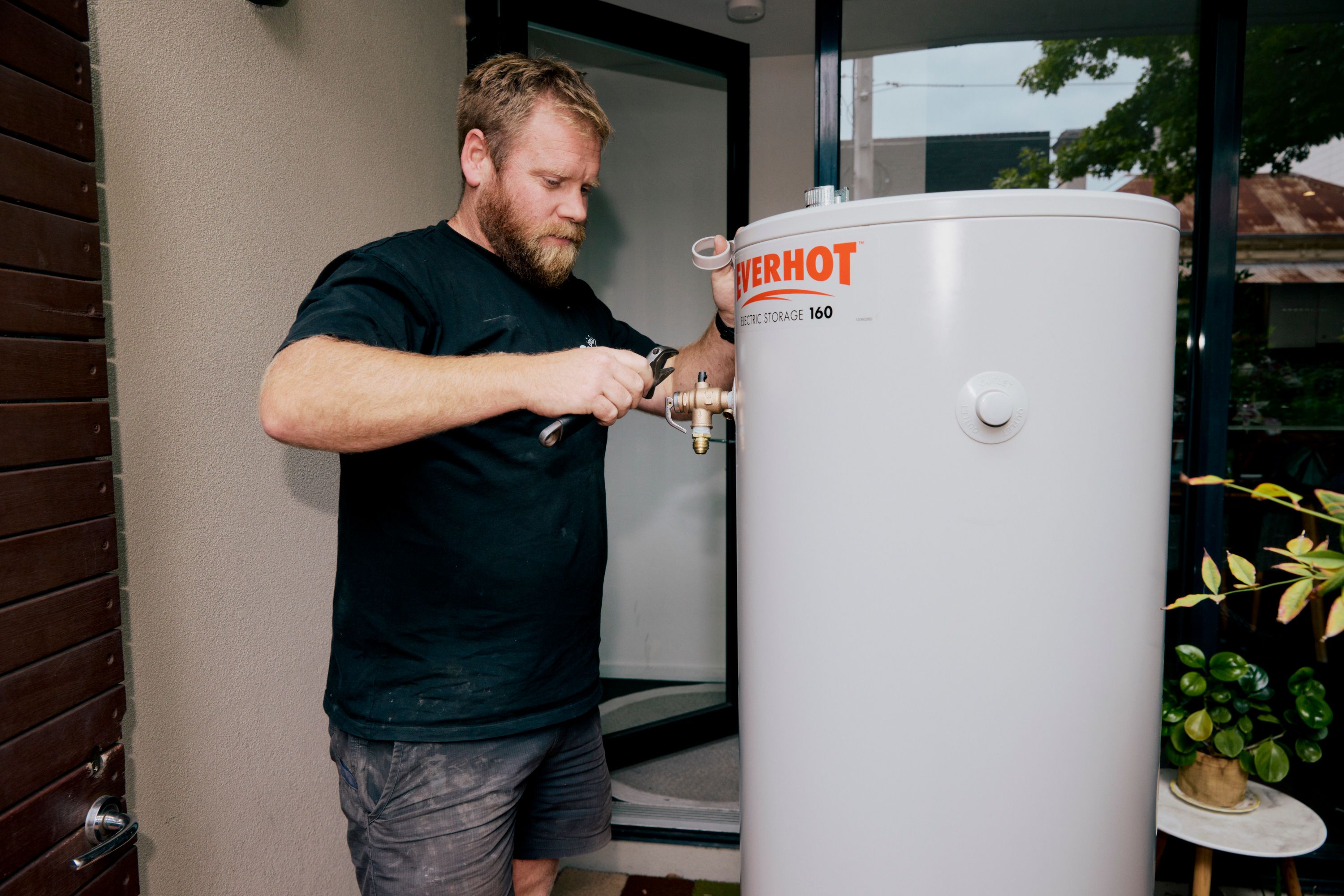
Nobody likes seeing their water bill climb higher each month, especially when you know it's probably from some annoying drip you keep meaning to fix.
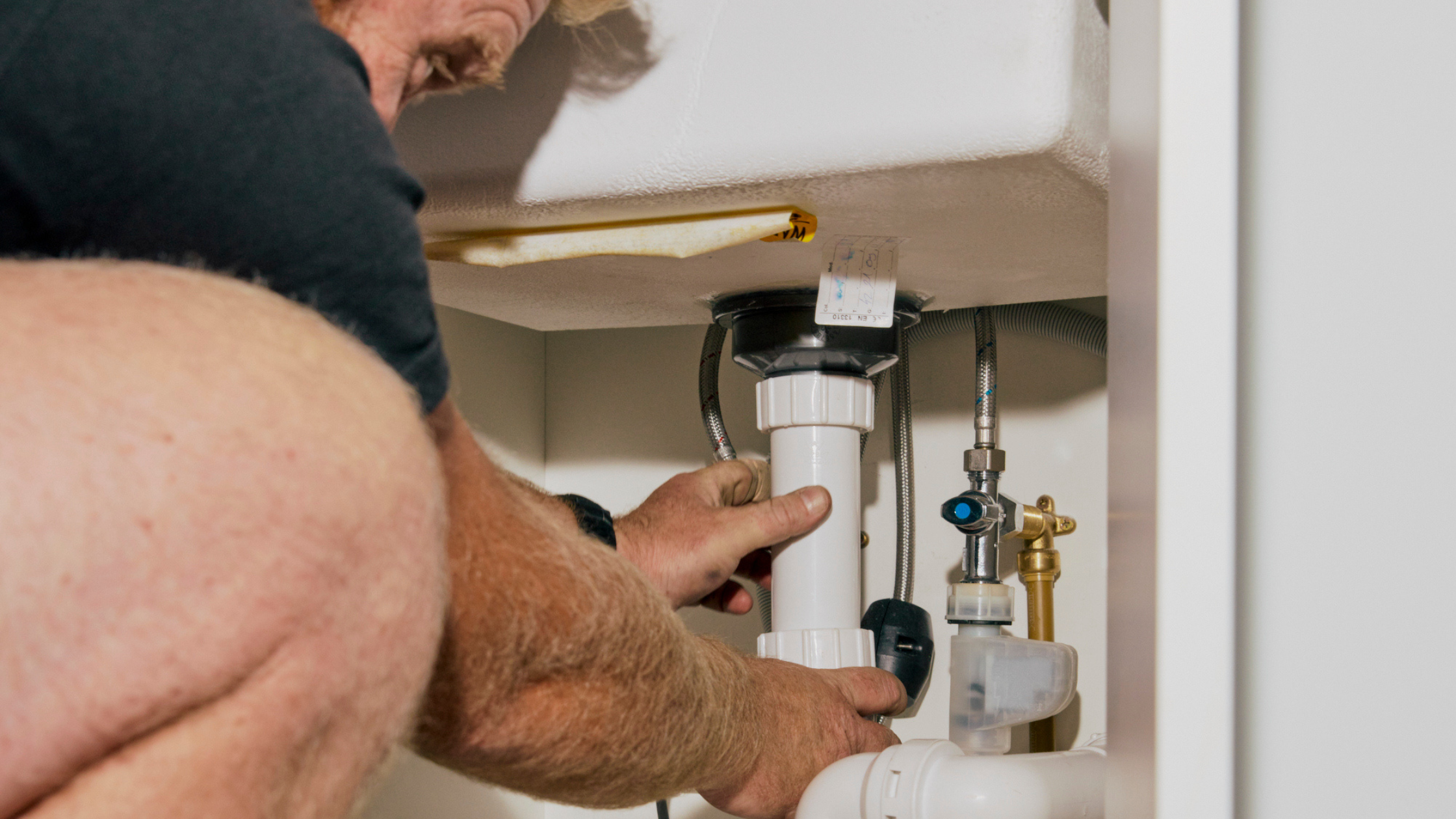
Everyone hates the frustration of watching water sit stubbornly in your sink, refusing to drain.
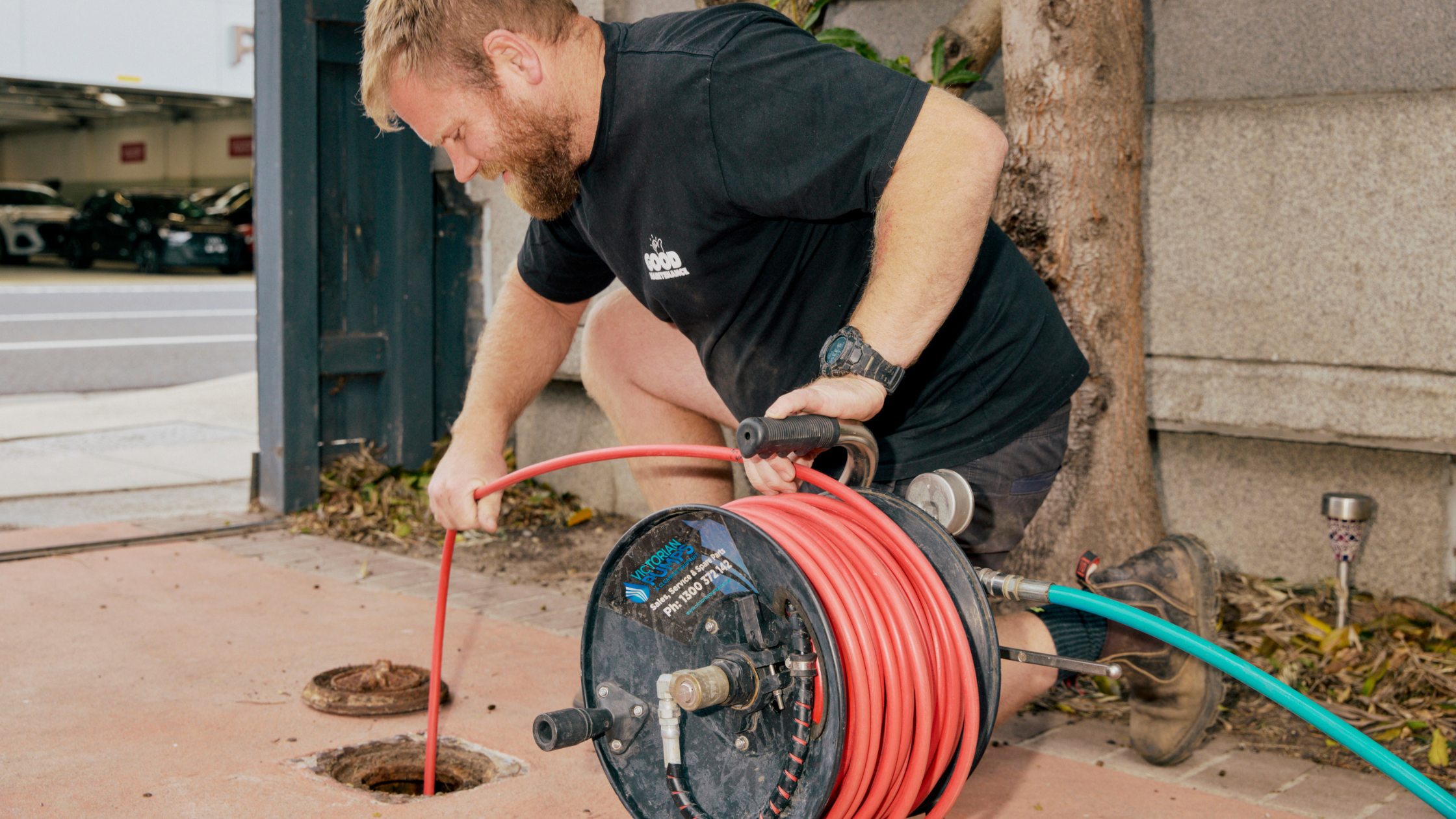
My Hot Water Is Running Cold. What Should I Check?
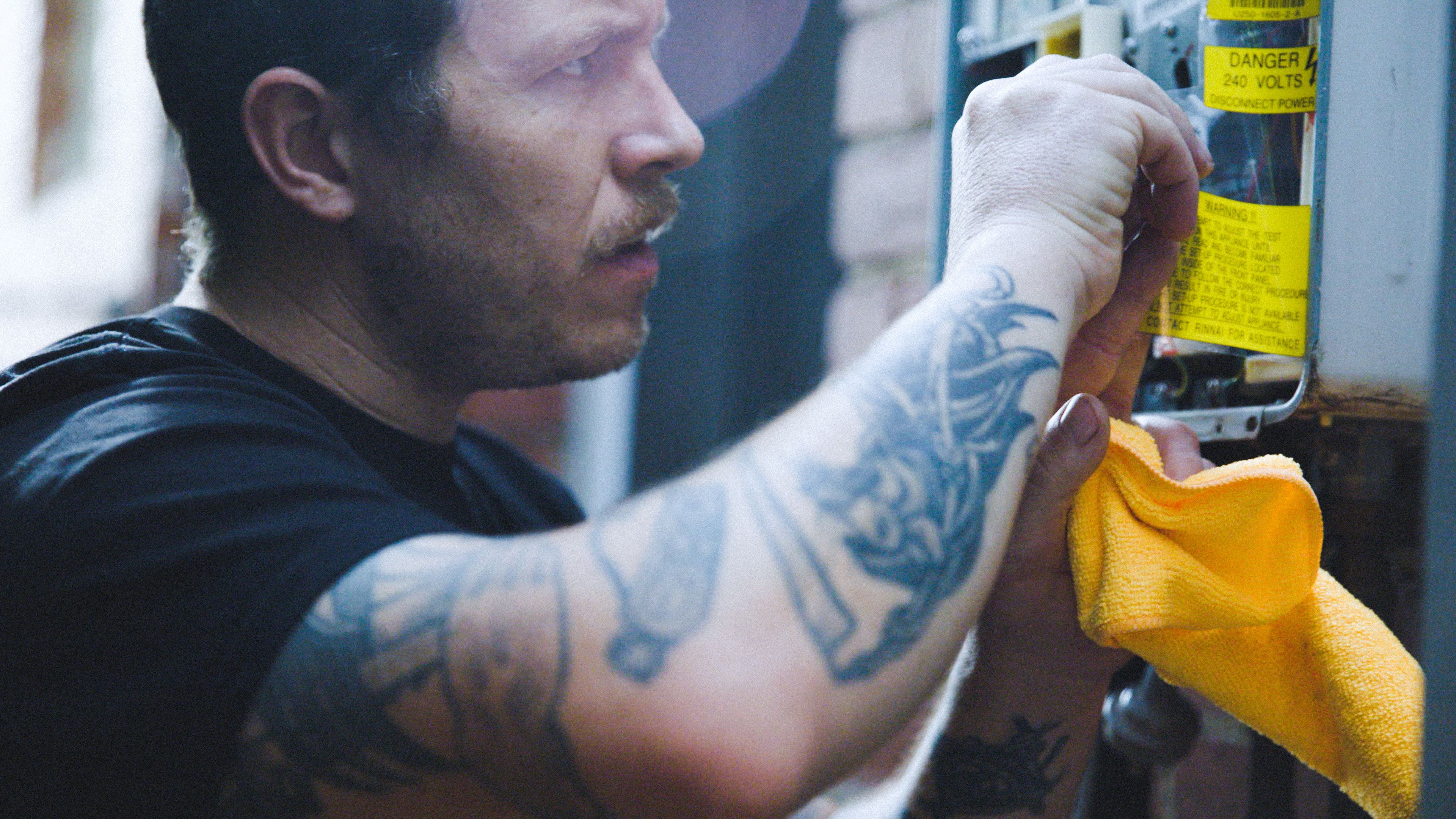
Gas leaks are serious business, and knowing what steps to take can literally be the difference between life and death.
